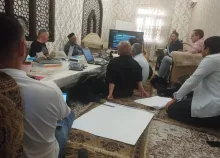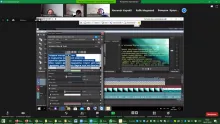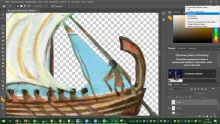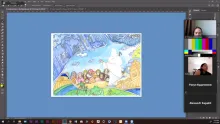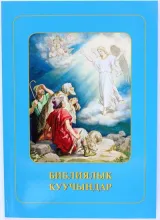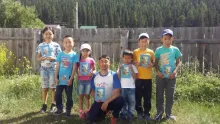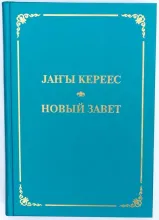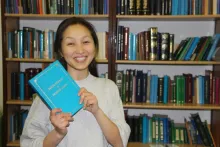Altai
the-book-of-proverbs-and-the-folk-wisdom-of-the-turkic-peoples
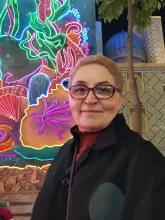
IBT recently held a training seminar in Uzbekistan on translating the Old Testament book of Proverbs into the Turkic languages. Here is what Balkar translator Marziyat reported about this seminar: “Once I heard a lecture on love by Fr. Alexander Menn, who said that when Christ came, it wasn’t as if the world was completely unprepared – the history of humanity given in the Old Testament had actually prepared people for His coming. The Wisdom literature, and Solomon’s Proverbs in particular, were part of this preparation for the Jewish people. But what about for the rest of humankind? The seminar on Proverbs offered us a vivid answer to this question...
workshop-on-poetic-discourse-in-turkic-languages
A workshop on "Discourse in the book of Proverbs in Turkic languages," organized by the Institute for Bible Translation, was held in Tashkent on April 21-24. Translators and exegetical advisers from the Altai, Balkar, Siberian Tatar, Khorazm and Kyrgyz Bible translation projects participated.
newsletter-01092022
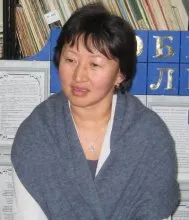
Synaru’s university education was in philology (language and literature studies), and as already mentioned above, her graduate studies were in theology. But what a long path she had to tread to attain her degrees! “I was born in the mountains and grew up in a shepherd’s family,” she started her story. “Our settlement on the Kazakh-Mongolian border was the most remote village from the capital in Gorno-Altaisk and therefore the furthest from civilization in the entire Republic of Altai...
news-150720
news-170320
The Institute for Bible Translation has recently published Bible Stories in the Altai language. Earlier publications in this language include the 1910 edition of the Four Gospels (reprinted by IBT in 1975); the Gospel of Mark (1996); Jesus, Friend of Children (1997); the Gospel of Luke and Acts (1999); the Children's Bible (2002); the New Testament (2003); and the New Testament (2nd edition, bilingual, 2017).
In order to help Altai readers access Bible Stories, the Institute has also produced an audio recording of the text, which in the near future will be available for download in the audio section of the IBT website. One can already find the PDF version of the book in the electronic publications section. An Android application with this illustrated book, as well as the audio recording and a parallel Russian text, is also being developed.
newsletter-210617
IBT has published the second edition of the Altai New Testament, fourteen years after the first edition was released (2003). Altai is a Turkic language spoken by about 57,000 people primarily in south Siberia. In response to requests from readers over the past decade, this edition remains a meaning-based translation and has been thoroughly edited to replace many archaic expressions and to simplify overly complex “Biblical style,” thereby achieving greater naturalness and clarity.
newsletter-020816
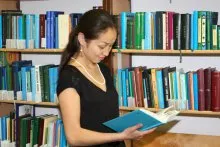
newsletter-0915


